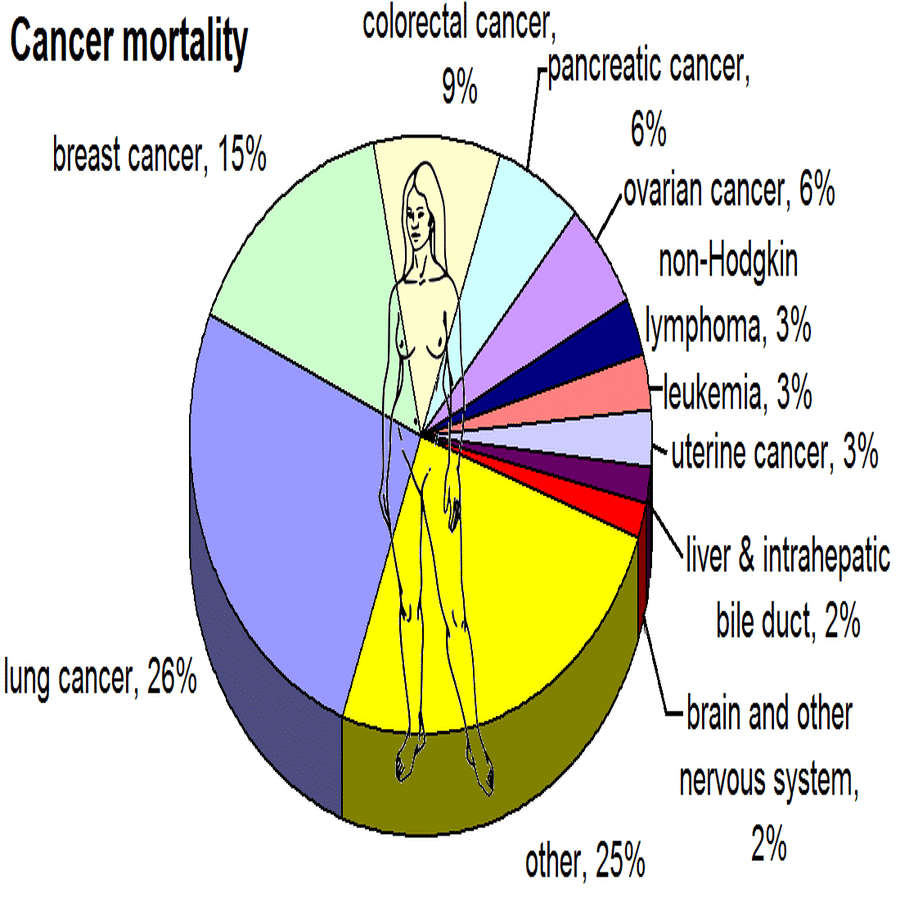Clinical Hypnosis To Conquer Carcinophobia


It is completely natural to feel worried just before a major surgical procedure. Even if the procedure could recover your health or save your life, many people feel uncomfortable having the actual surgery for fear that they may die while the surgery is being performed. It is important to ensure that concerns and anxieties do not become too much to bear.
There is no cure-all for anxiousness, but there are numerous points that can help people better handle anxiety before surgery. Many medical facilities supply special assistance; friends and family by a patient’s side can help too. Although there is not a great deal of research on methods for handling pre-surgery stress and anxiety, there is some relatively solid evidence that specific steps work well.
Panic issues are an anxiety condition and are related to a number of bodily signs. Anxiety disorders are one of the most common psychological ailments in the United States. The indirect and direct costs of anxiety ailments are substantial, and the degree of problems can be intense.
Just last year, in the Journal of Cancer Education, researchers studied techniques that numerous African-American cancer survivors used to overcome fears and fatalistic attitudes toward cancer cells at the point of medical diagnosis through the completion of treatment. Thirty-one African-American cancer cells survivors who had finished or almost finished treatment were solicited via standard purposeful sampling. In-depth, flexible meetings were used to collect information. The information was examined using a thematic analysis. Of the thirty-one survivors that were questioned, twenty-six still stated being fearful of cancer cells as well as believed that cancer would certainly cause fatality. These cancer cells survivors were specifically afraid of having existing cancer advance and becoming alienated from family and co-workers.

Approaches utilized to conquer these concerns consisted of boosting their awareness about cancer, using good and positive self-talk, and staying away from doomsayers. The findings recommended that previous encounters continue to affect fears as well as fatalistic perspectives regarding cancer cells. In addition, information aimed at notifying the public concerning cancer may be neglected until there is a confirmed medical diagnosis. The research is ongoing in a never-ending approach to find ways to help this demographic overcome this gripping anxiety and fear.
If someone has had cancer in the past, does this mean that it will most certainly reappear in the future? Approximately seventy percent of cancer cells survivors report scientifically significant levels of concern about cancer recurrence. Despite the known negative impact of fear of cancer reappearance on emotional well-being as well as the quality of life, there has been little study on treatments for high worry and cancer reappearance. This study included two hundred sixty participants randomized either to the Conquer Fear Intervention or relaxation training. Both were supplied in five sessions over ten weeks by qualified psychologists, psychoanalysts and social employees with five or more years’ experience in oncology. Dominate Fear sessions utilized attention training, detached mindfulness, meta-cognitive treatment, values explanation and also psycho-education that can help people transform the way they control as well as respond to ideas concerning cancer cells reappearance. Relaxation training consists of training in passive and dynamic muscular tissue relaxation, meditative leisure, and visualization strategies. Specialist picked relaxation for their focus, which showed tremendous validity as a treatment.
The key metric is a concern of cancer cells reoccurrence. Additional metrics include distress, quality of life, unmet requirements, and also healthcare usage. Participants completed full questionnaires prior to starting and during the intervention, with follow-up at the three and six months’ period. Qualified participants are early-stage colorectal cancer survivors that have finished hospital-based treatment in between two months and five years prior to examination by this group. Participants were blinded to which intervention is being examined. Randomization was computer produced, stratified by a specialist, and used sequentially numbered secured envelopes.
In the Anesthesia & Analgesia Journal, researchers studied the effectiveness of adjunctive hypnosis with surgical patients. This meta-analysis examined the result of hypnotherapy in lowering emotional distress connected with medical procedures. Randomized regulated tests of hypnotherapy treatments, administered in the context of scientific, medical procedures, with a distressing result, were included in the meta-analysis. Disputes were solved by consensus. Impacts from the Twenty-six trials were based on 2342 participants. Outcomes indicated a huge result size (ES) of 0.88 (95 % CI = 0.57– 1.19) for hypnosis. Impact portions differed significantly (p < 0.01) according to age (kids benefited to a higher degree compared to grownups) as well as the technique of hypnosis delivery, yet did not differ based on the command condition which was standard treatment versus getting specific individual attention. The results indicated that individuals in hypnosis therapy teams had better medical results compared to eighty-nine percent of clients in control groups. These data strongly sustain the use of hypnosis with medical individuals. Anxieties and fears of cancer cells are based upon feelings of having no control over the body. Anxiety itself, where the creativity has actually locked itself into thoughts and pictures of cancer in the physical body, may generate the effect of making the carcinophobic feel disproportionately worried of the probability of being identified with it. The issue consequently exists with the thought patterns which stimulate the creativity to exaggerate fear regarding cancer cells reoccurrence.


